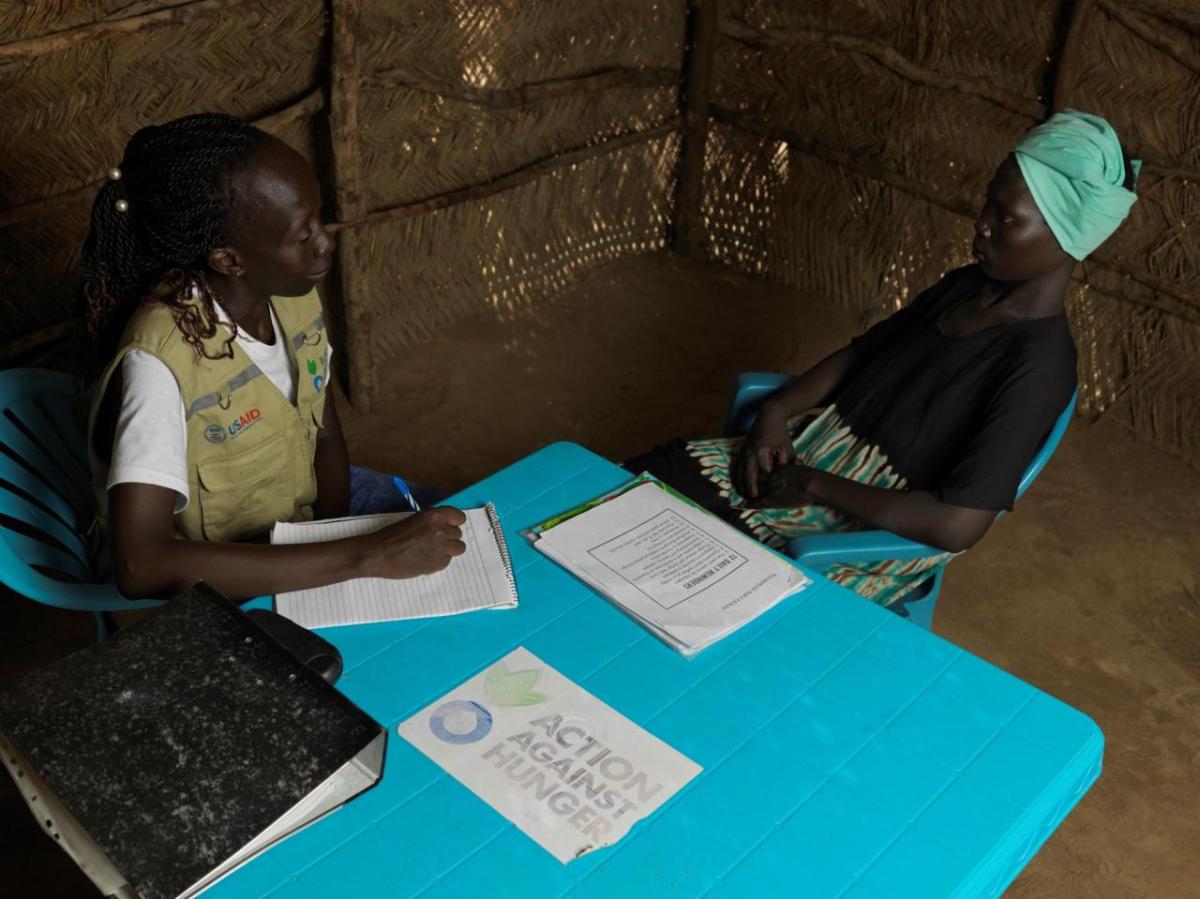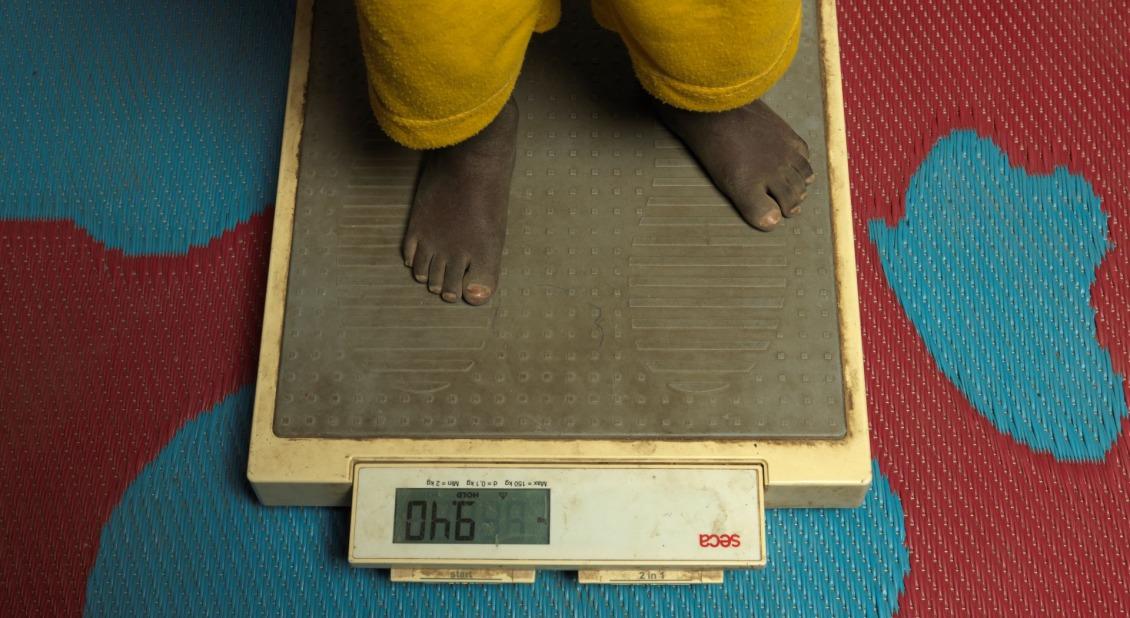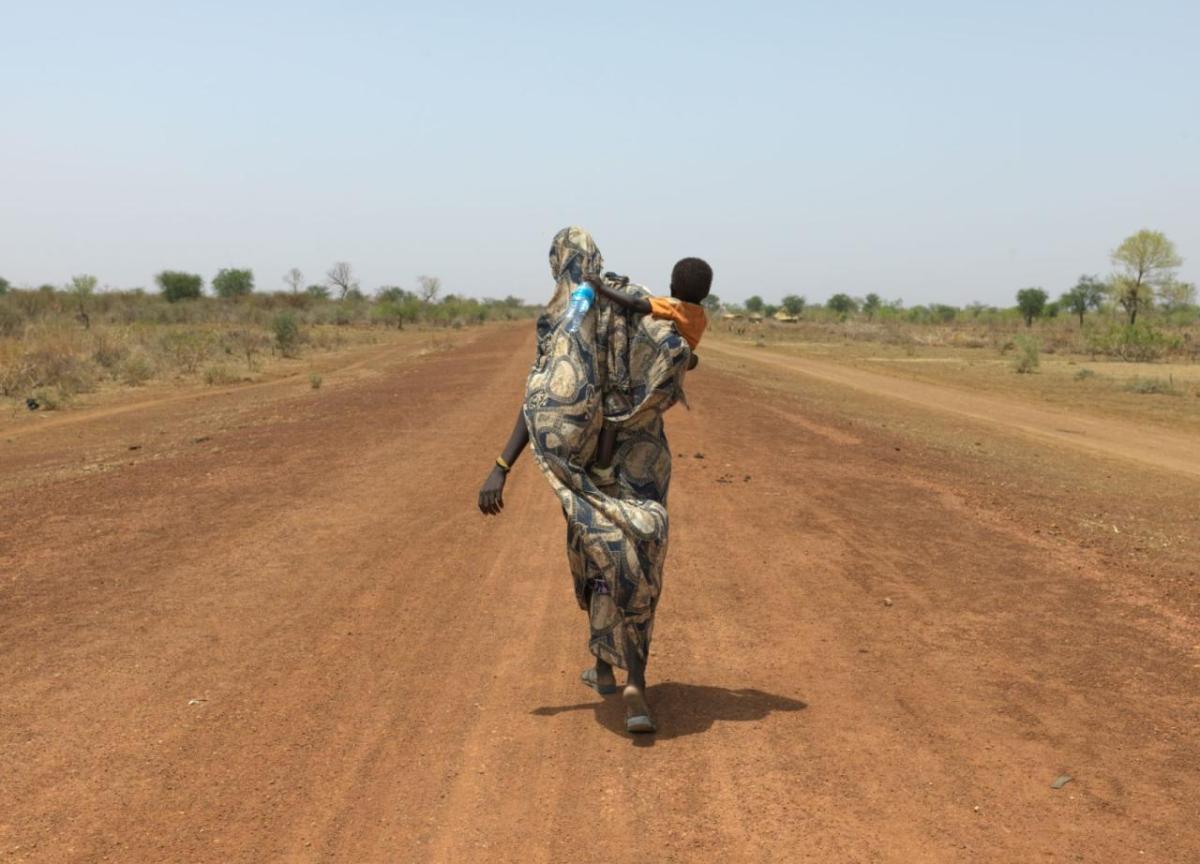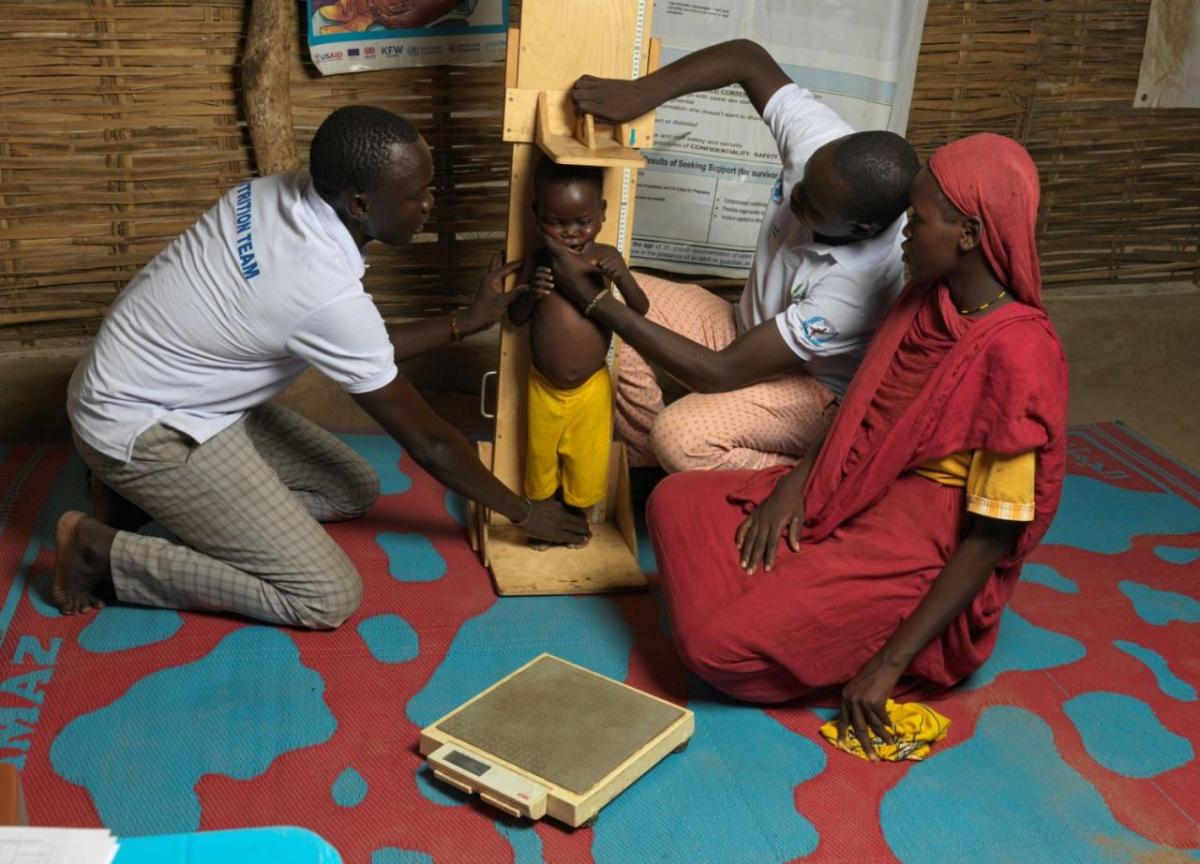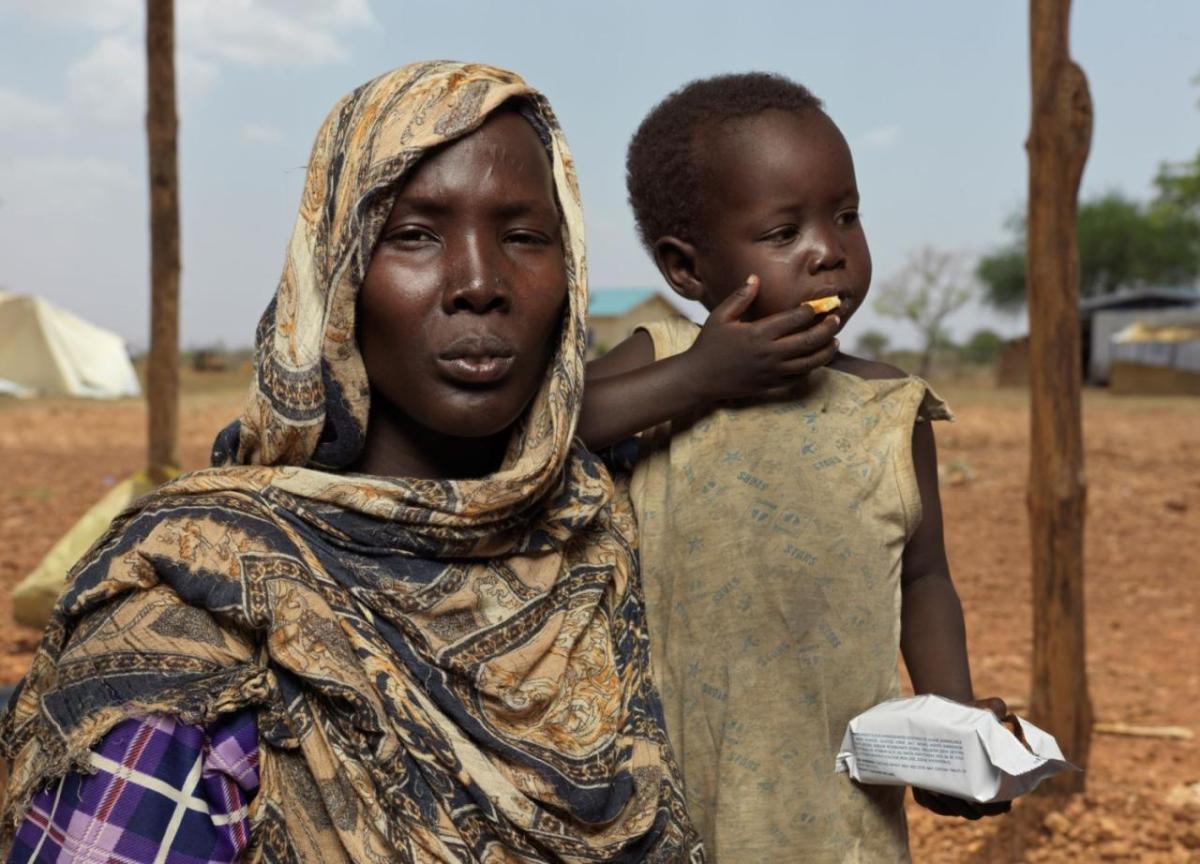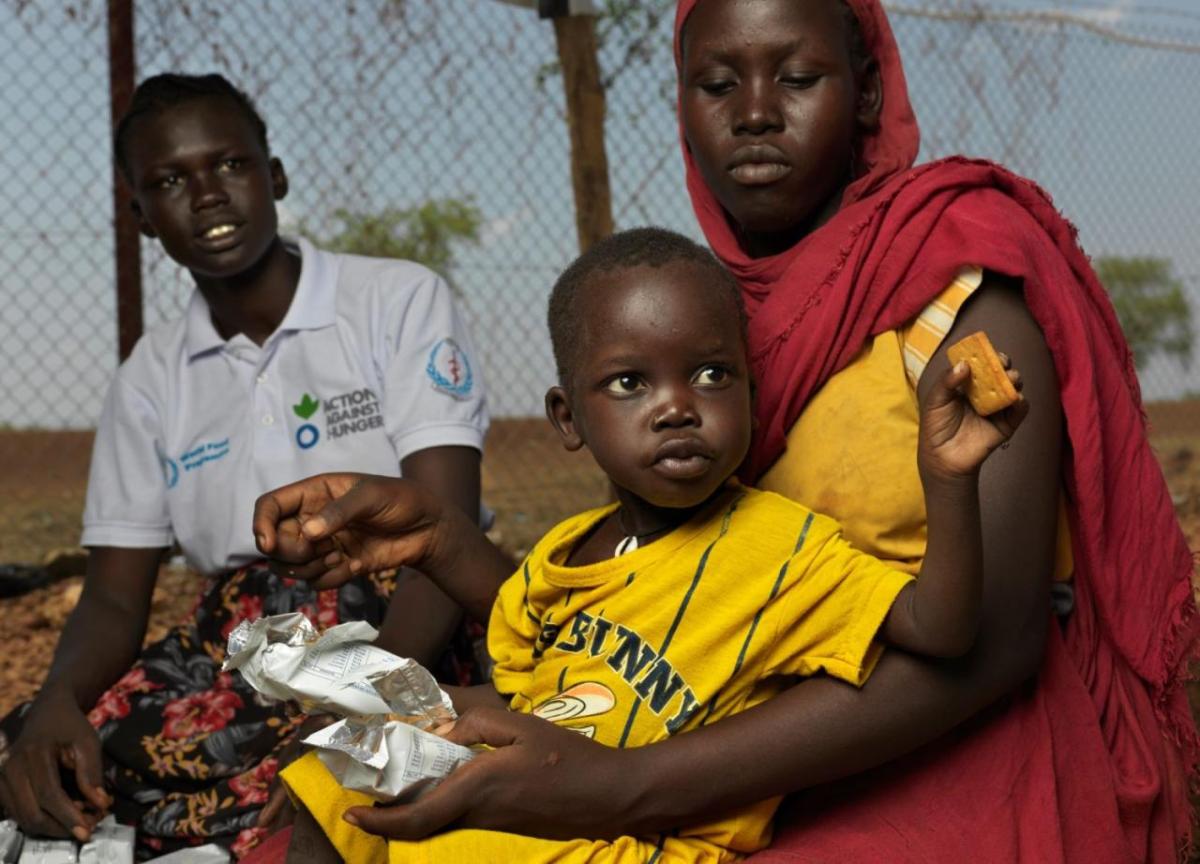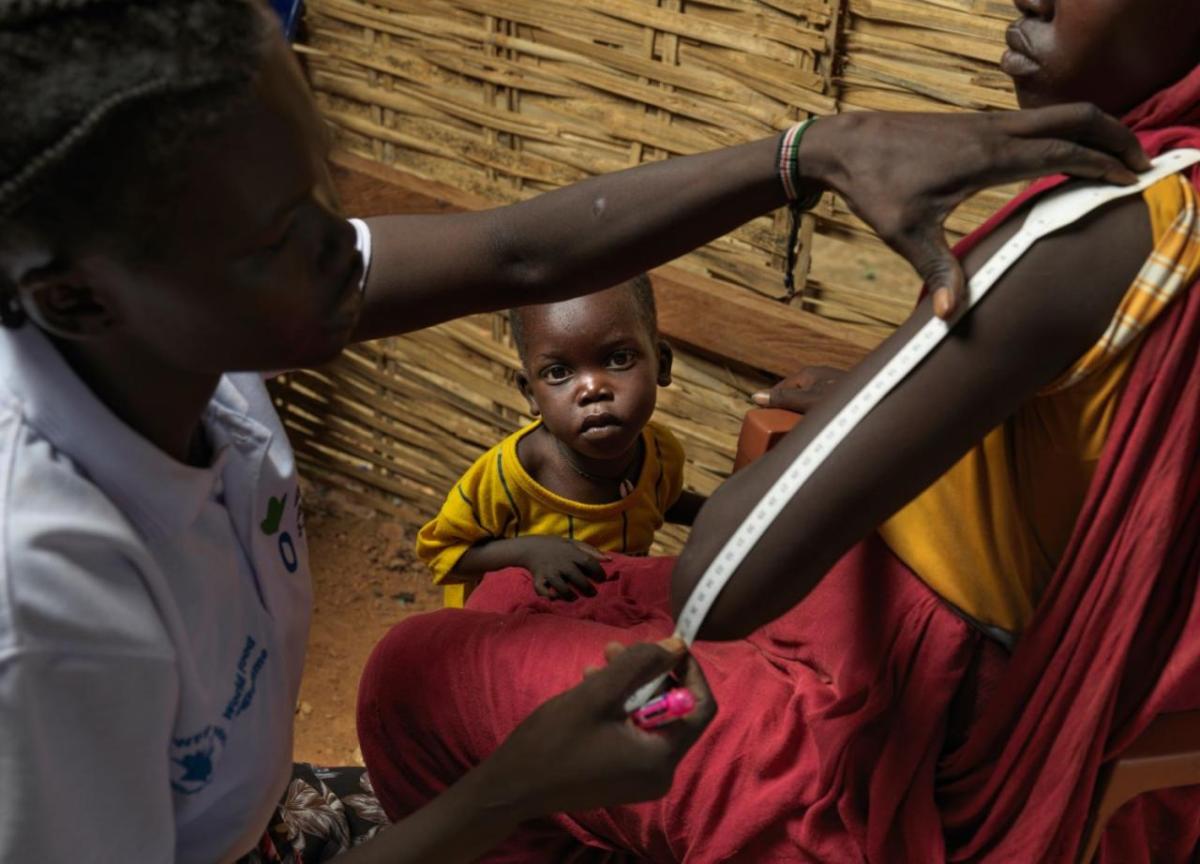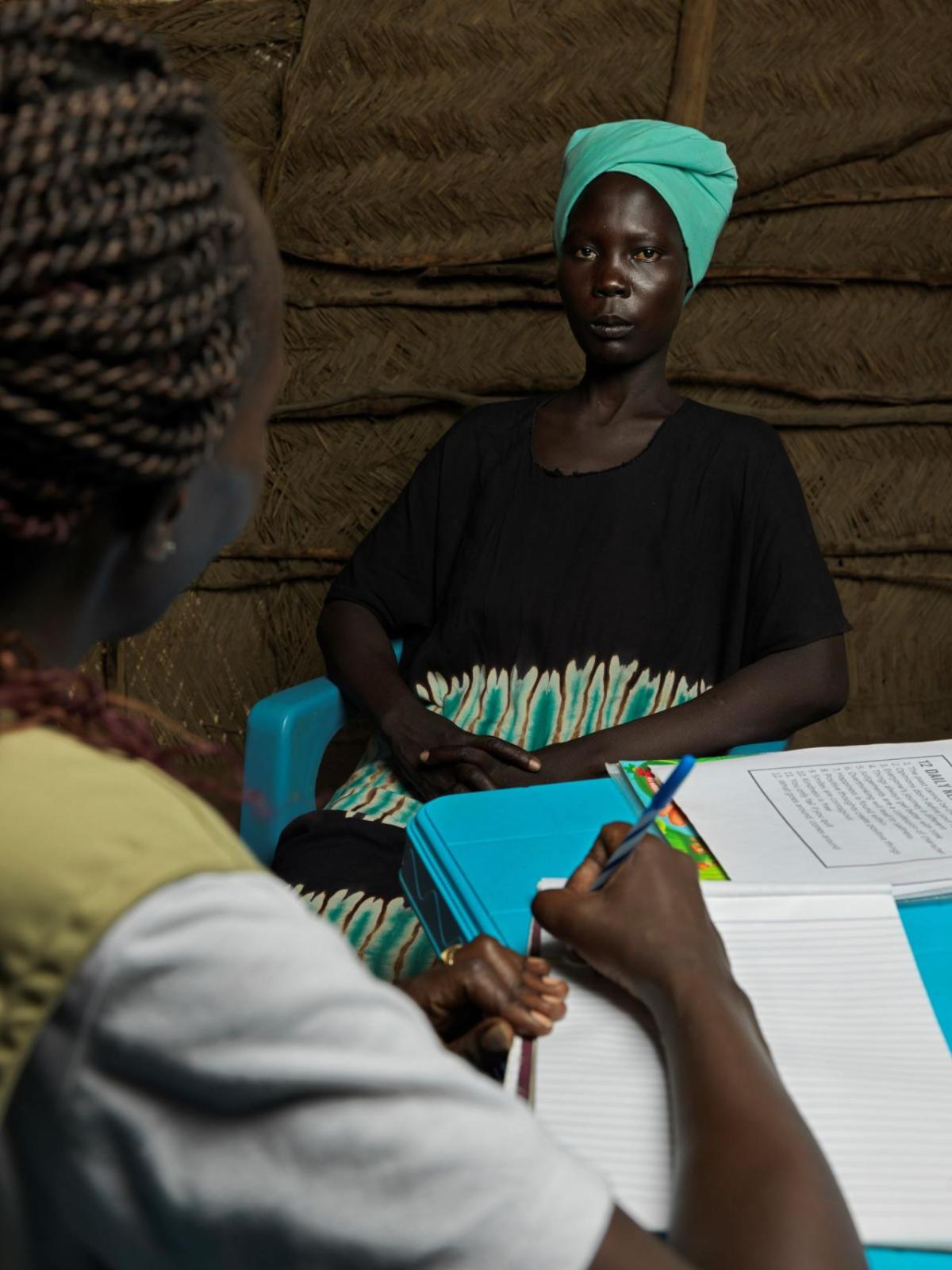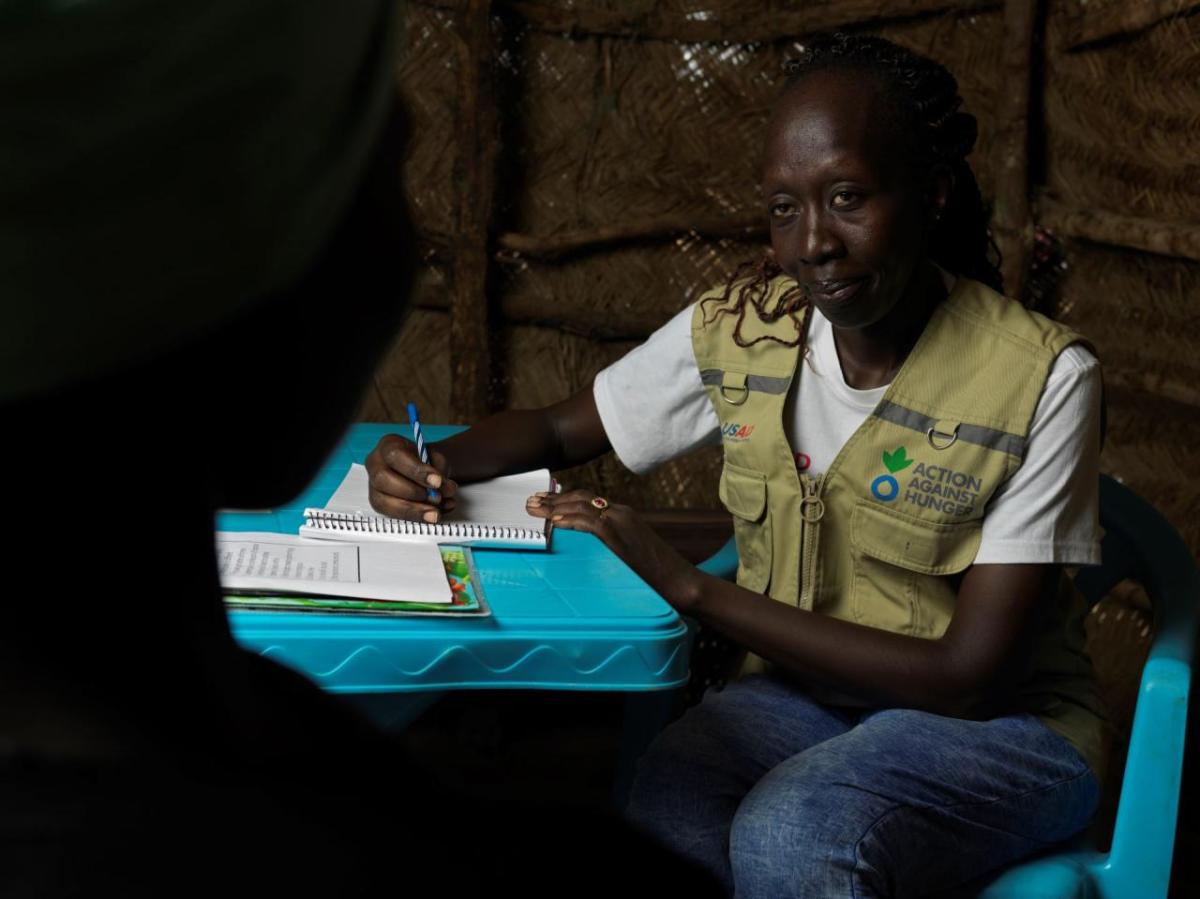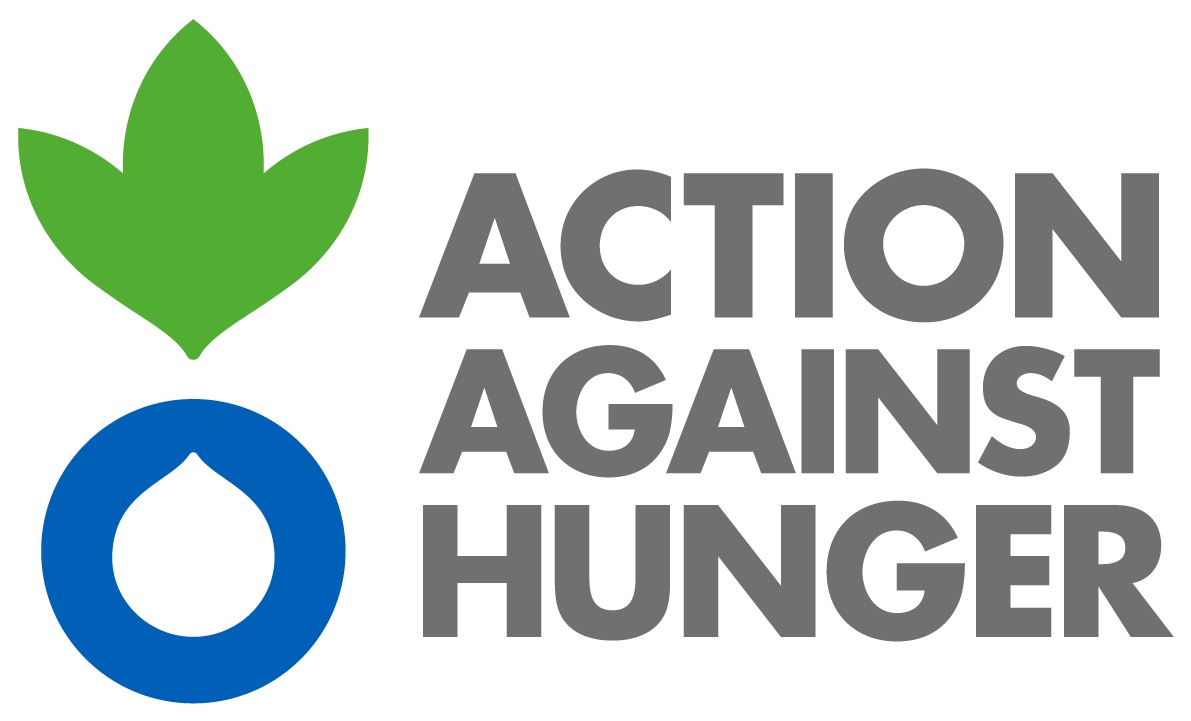“Hunger Followed Us”: A Mother’s Long Trek to Safety in South Sudan
Violence in Contested Abyei Region Leaves Thousands Displaced
Violence has uprooted thousands of people in the Abyei Region, which lies on the border between Sudan and South Sudan. Many of them, like South Sudanese Adut Monywiir, were forced to flee with what little they could carry.
Adut ran for her life in April 2022 due to this ongoing conflict. The Abyei Region, which is just over 3,800 square miles, has been claimed by both Sudan and South Sudan, who dispute the region’s status.
“I left because of the severity, for my children,” Adut said. “People burned houses at night. During the day war would erupt. They kill children and women. Anyone who gets in the way is normally killed. I decided it was better to run so we would not be killed.”
After fighting broke out in Abyei, local authorities advised Adut and her family to temporarily set up shelter in Akoong, South Sudan. The journey to safety was not easy — she and her five children trekked for six days on empty stomachs in the extreme heat. “My children and I traveled on foot. We did not travel by road,” she said. “We had to travel through the bush. If we were caught by the road we could have been killed. Hunger followed us on our walk. We had no food with us. We survived on wild fruit and leaves.”
There are more internally displaced people than ever before — at the end of 2023, 75.9 million internally displaced persons (IDPs) faced crises in their own country. In South Sudan, nearly 2.3 million people have been internally displaced, largely from conflict and climate shocks. Most, like Adut, are often forced to leave with little warning. Her story is not uncommon; in fact, many internally displaced persons (IDPs) have made similar journeys due to violence. For over two years, Adut has remained at an IDP settlement based in Akoong, where Action Against Hunger offers services for all displaced families.
When she arrived at the settlement, Adut was exhausted and hungry. She had very few items to her name. She had to watch over her children alone, since the intensity of the conflict prevented her husband from making the journey and joining his family.
Adut’s children were very sick from long days without water or food. One child was severely malnourished. Adut felt hopeless and uncertain of her family’s future. Her life was on pause as she waited to return home and wondered if it would ever happen. She set up a small living space in the IDP camp.
In Akoong, hundreds of other IDPs crowd in temporary homes made out of branches and sticks. Each family has very little space to shelter and rest. Resources in the area are very limited. “The challenge is food,” she said. “There is no land to cultivate, not for us IDPs.”
Three weeks after Adut settled in Akoong with her children, Action Against Hunger’s emergency team stationed in the area to provide nutrition services for hundreds of vulnerable families.
Action Against Hunger’s Multisectoral Emergency Team, nicknamed “MET,” helps communities facing urgent humanitarian needs. The MET often responds to some of the most remote, hardest-to-reach areas. Oftentimes, they are the only emergency teams for miles and miles. They provide lifesaving assistance until longer-term, more permanent programs can be developed. From urgent vaccine rollouts to postnatal care to treatment for deadly malnutrition, the MET works around the clock to provide services to those in need.
Oftentimes, the MET work in dangerous areas, with heightened levels of food insecurity and disease. With limited access to healthcare, the team is one of the only groups that can save lives and restore hope.
Adut was grateful for the support from MET. Her malnourished child was quickly treated and fully recovered. When they were discharged, Adut took advantage of Action Against Hunger’s water, sanitation and hygiene (WASH) program, where she received a hygiene kit filled with basic necessities.
Adut was also able to access maternity support; increased access to clean water and sanitation services; and psychosocial support through private counseling, group counseling, and weekly classes.
Susan, a psychotherapist on Action Against Hunger’s emergency team, created The Women’s Center, where women like Adut can take classes to learn new skills and save money. Classes include embroidery, sewing with a machine, beadwork, and hair braiding lessons. At The Center, women like to join hands to share stories, dance, and heal together.
Adut attends private counseling sessions that are run by Susan, the psychotherapist. Here, she learns ways to cope with life without her husband.
“I have learned the skills of being patient without stress,” she said. “Even though my husband is not present I can just be patient, earn money, and feed my children until my husband returns.”
Despite the challenges of being a single parent, Adut has learned to be resilient. “I have learned that wherever you are, you need to work like a man,” she said. “As a woman, I can work hard. Right now, I am working while I wait for my husband. When you work you can earn money to feed your children, care for your home, and relieve your trauma. Before I would cry over my husband who is not here. Now, I have been taught to concentrate on the skills I have learned to help my family.”
Action Against Hunger’s emergency team advocates that “prevention is better than cure,” and Adut is committed to learning new ways to stave off illness and malnutrition. Today, she and her children practice good hygiene daily and rarely get sick or have diarrhea.
“My life before Action Against Hunger’s program compared to now is very different,” she said. “Before I enrolled in the program I was suffering. My children were sick. There was no way to get medication. My child was malnourished and there was no way to get treatment for malnutrition. When the emergency team intervened, my life changed.”
Now, if someone in her family gets sick, Adut has free and convenient access to medicine and health care. For the first time in years, she’s able to dream of a better future.
Adut aspires to open a hair salon one day and continue supporting her children with the techniques she learned from hair braiding classes. Her newly discovered passion has propelled her to move forward from her past.
“I am grateful to Action Against Hunger for the services they give, my child’s life has improved,” Adut said. “In addition, I ask Action Against Hunger to continue their work so that displaced children may also improve as my child has.”
About Action Against Hunger in South Sudan
Action Against Hunger is working to support internally displaced persons like Adut as they arrive in IDP camps. Along with malnutrition screenings and treatment, our teams provide psychosocial counseling sessions; ensure that families like Adut’s have access to clean water and sanitation services; distribute hygiene kits that include soap, buckets, plastic sheets, and water purification tablets; and supply mothers with medication and maternity care. Midwives deliver babies onsite weekly.
Action Against Hunger has worked in South Sudan since 1985. Last year, we reached over 1.1 million people. Our emergency programs help people fleeing the war in Sudan and a variety of intercommunal conflicts. We have provided hundreds of families who have been displaced by conflict with lifesaving, urgent assistance. Across the country, we are also distributing cash and building latrines.
Learn more about Action Against Hunger in South Sudan here.
Watch a video on the MET team here.
About Action Against Hunger
Action Against Hunger leads the global movement to end hunger. We innovate solutions, advocate for change, and reach 21 million people every year with proven hunger prevention and treatment programs. As a nonprofit that works across 59 countries, our 8,900 dedicated staff members partner with communities to address the root causes of hunger, including climate change, conflict, inequity, and emergencies. We strive to create a world free from hunger, for everyone, for good.
**
Photos by Peter Caton

